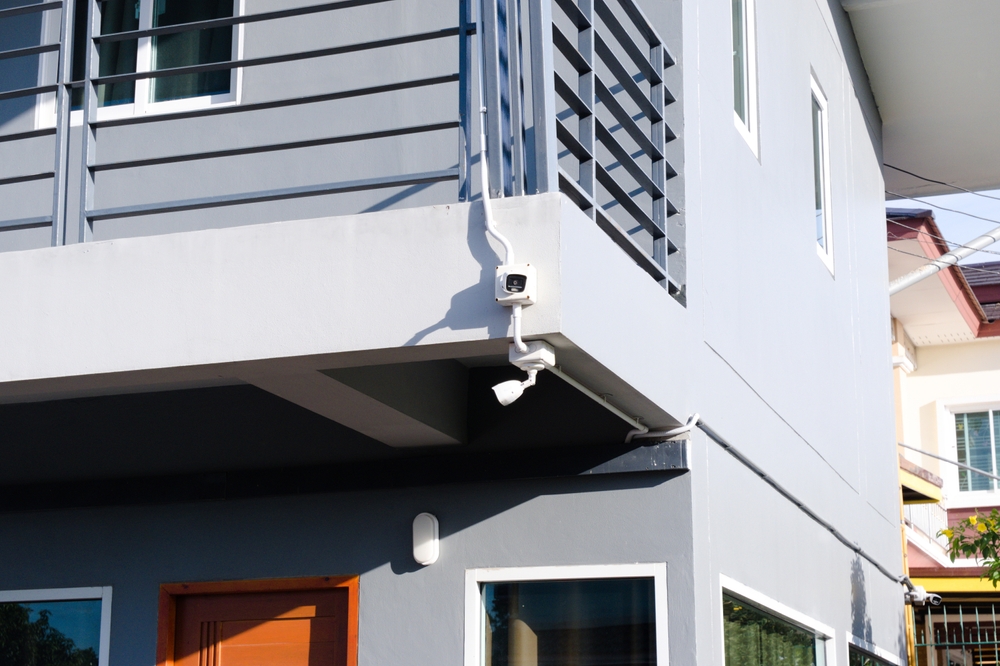
Established under the American Rescue Plan Act of 2021, the Homeowner Assistance Fund was designed to help homeowners affected by the pandemic catch up on housing-related expenses. The fund allocates nearly $10 billion to support mortgage payments, utility bills, insurance premiums, and—in some cases—HOA assessments.
Each state received a minimum of $50 million in funding, with additional distributions provided to tribal governments, U.S. territories, and the District of Columbia. To access these funds, each state was required to submit a plan to the U.S. Department of the Treasury. Once approved, the state could begin distributing aid through designated housing finance agencies.
Most U.S. states have approved and active HAF programs. However, implementation and available aid vary.
States with Active HAF Programs Include:
For the most accurate and current information, homeowners should contact their state’s housing authority directly.
While the fund was initially designed to address mortgage and utility delinquencies, some state plans have extended coverage to include HOA and condo association dues. In these states, HOA dues are considered necessary housing-related costs, particularly because delinquency can lead to fines, liens, or even foreclosure.
As of now, states that include HOA dues as eligible expenses under HAF include:
If you're a homeowner in one of these states and are behind on your HOA dues, you may be eligible for financial assistance through your state’s HAF program.
Who Qualifies for HAF Assistance?
To qualify, homeowners generally must meet two criteria:
In some cases, additional documentation may be required, such as mortgage statements, utility bills, or proof of HOA dues.
If you live in an HOA and believe you qualify, your first step should be to review your state’s HAF program guidelines. You can usually find this information on your state’s housing finance agency website.
You should also:
In most cases, funds are disbursed directly to your mortgage servicer, utility company, or HOA to pay off outstanding balances.
What If Your State Doesn’t Cover HOA Dues?
If your state’s HAF program doesn’t currently support HOA dues, don’t panic. Some states may update their plans as the needs of homeowners evolve. In the meantime:
Delinquent HOA dues can have serious consequences. Associations rely on dues to maintain shared amenities, pay for insurance, and manage operational costs. When dues go unpaid, it can strain community resources—and in some states, it can result in legal action or foreclosure.
That’s why programs like the HAF are so important for HOA residents. They help preserve housing stability not just for individual homeowners, but for entire communities.
Because HAF program rules vary by state and continue to evolve, it’s critical for homeowners and HOA boards to stay informed. Homeowners should routinely check their state’s housing agency website for updates, and HOA boards should communicate openly with residents about available financial relief.
The Homeowner Assistance Fund has played a crucial role in helping Americans maintain housing stability during an unpredictable period. While not every state includes HOA dues in their approved use of funds, many do—and more may follow. If you’re struggling with dues or mortgage payments, now is the time to explore your options.
Understanding how these programs work and taking action early can help you avoid penalties and protect your home.
For HOA boards looking to better support their residents during times of financial stress, working with an experienced property management company can help ensure you stay compliant with changing regulations while maintaining transparency and stability.
Looking for expert guidance managing your community’s finances and navigating HOA regulations? Gordon James Realty can help. Contact our team today to learn how we support associations through compliance, budgeting, and proactive community management.

Natural disasters are unpredictable—HOAs need the right insurance to protect common areas, residents, and reserves from costly damage and disruption.

Can condo owners install security cameras or doorbell cams? Learn how associations should handle cameras, privacy concerns, and common area restrictions.
We're proud to make partnering with us easy. Contact our team to connect with one of our industry experts and get started today.